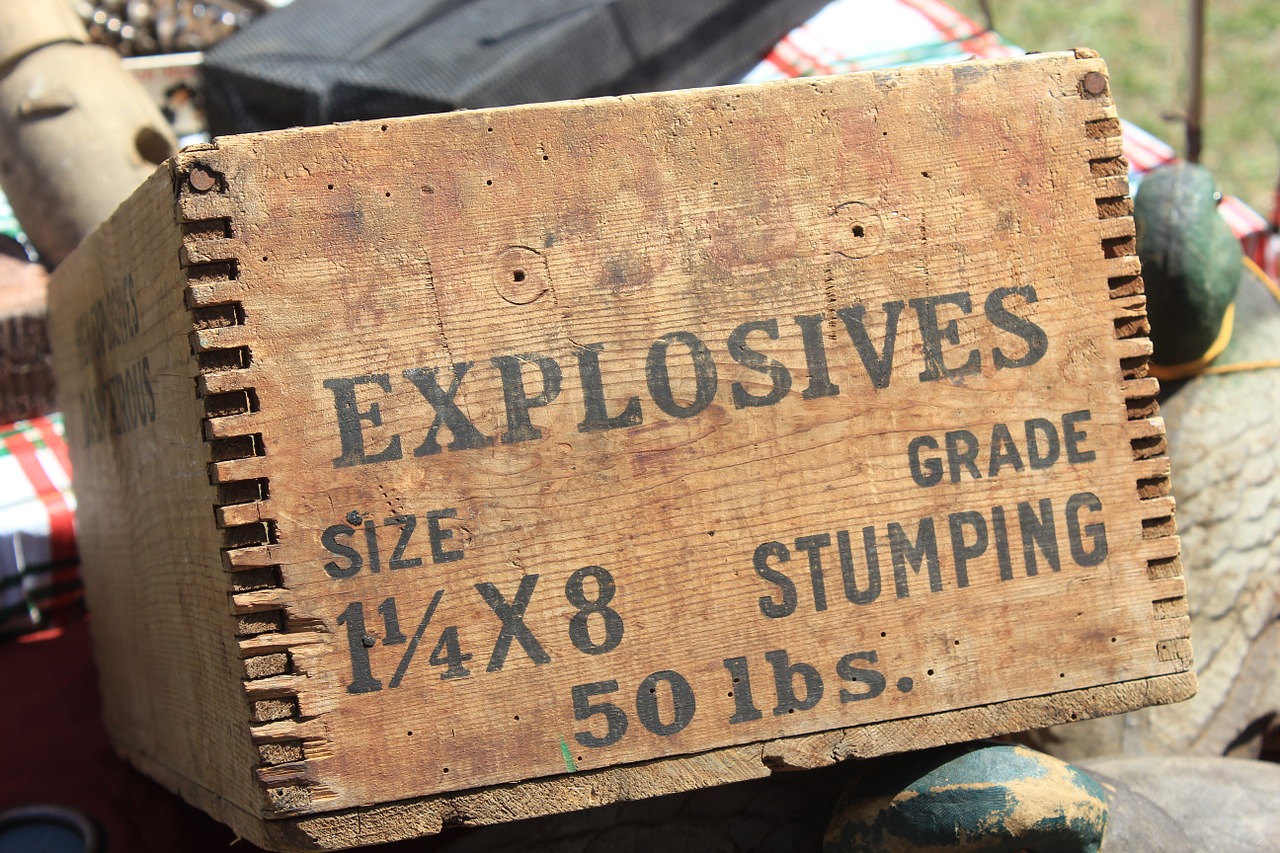Treasures of Darkness

“I will give you the treasures of darkness and hidden riches of secret places, that you may know that I, the Lord, who call you by your name, am the God of Israel.” [Isaiah 45:3]
In 1859, as the California gold rush began to fade, two miners, Pat McLaughlin and Peter O’Reilly, wandered into western Nevada and staked a claim at the head of Six Mile Canyon. When they found gold, another clever miner, Henry Comstock, claimed it was on his property, convincing them to give him a share of the stake. Soon fortune seekers everywhere heard the news and the surrounding hills were sprinkled with gold mines.
The biggest problem the miners faced was the sticky, bluish mud surrounding the gold. It stuck to their boots, picks, and shovels. They called it that “blasted blue stuff,” and it made their gold mining a miserable business. But when the blue mud was tested, it was found to be some of the richest silver ore ever discovered, worth over $2,000 a ton – and that’s in 1859! These miners had been knee-deep in one of the greatest single mineral strikes in history, and they didn’t know it. The fabulous strike was the richest known silver deposit in the United States and became known as the Comstock Lode. But that’s not all – the blue mud was about to change history.
By 1864, the staggering amounts of silver and gold coming out of the mine reached the attention of President Abe Lincoln. Lincoln needed the riches of the Comstock Lode to help win the Civil War, but he also needed the votes of another state to assure re-election. So even though Nevada was sparsely populated, the entire Nevada Constitution was telegraphed to Congress two weeks before the election. It was the longest telegraph message in history, taking two days to send and costing well over $4,000! But it worked, and so, because of the blue mud, Nevada became a state on October 31, 1864.
Sometimes, it is in the midst of trouble and trial that we discover the greatest riches. God says that there are “treasures” even in “darkness” – and who are we to argue with our Maker (Isaiah 45:3)? After all, we can have confidence that “all things work together for good to those who love God, to those who are the called according to His purpose” (Romans 8:28).






